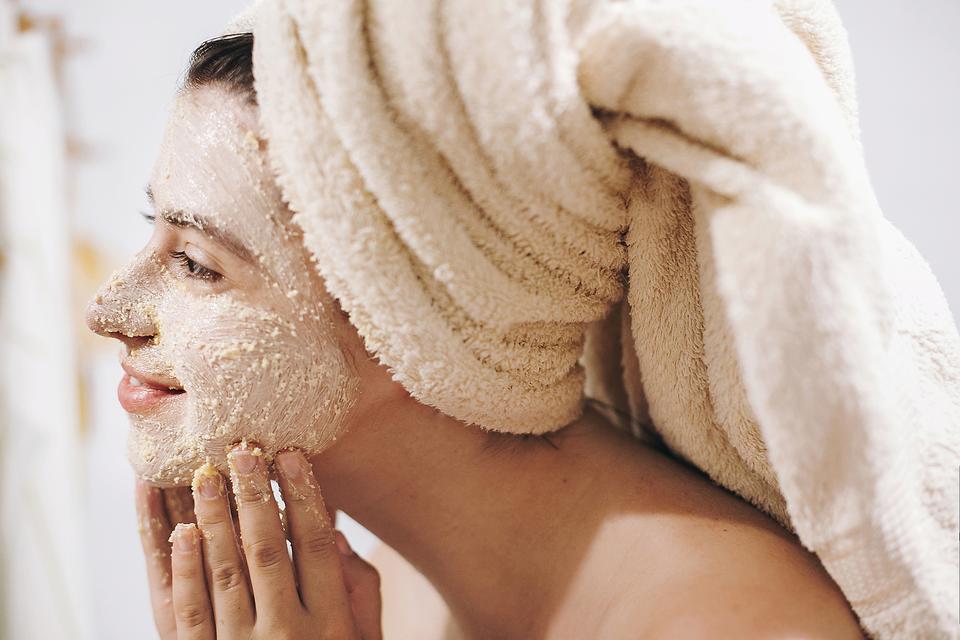Many people love to try DIY solutions in various areas, including skincare. A quick search on the internet will give you a wide range of beauty hacks that use readily available ingredients in the kitchen. The convenient access to these household products and beauty influencers swearing to their effectiveness have made them popular alternatives to commercially produced skincare products.

While these ingredients are present in some of these skincare products, they may not have the same effect if used independently or without proper formulation. Reputable skincare product manufacturers like SkinCeuticals thoroughly research and test their products before selling in the market to ensure that they are effective and safe. Below are some DIY ingredients that may do your skin more harm than good.
Lime or lemon juice
Lemon or lime juice is a source of vitamin C if ingested. A freshly squeezed fruit is no longer just used for drinking or as an ingredient for various recipes, but it is also commonly used for DIY skincare at home. The juice is believed to lighten the skin. While it’s true that it may cause exfoliation, thus lightening the skin, it has adverse effects. Exposure to the sun can cause your skin to burn, and the damage could last for a long time.
Egg white
Egg whites are also used as masks as they are believed to tighten the skin. You will feel this effect while the ingredient is on your skin, but that feeling will also go away after washing. Plus, you have the risk of salmonella contamination if ingested. Moreover, it may cause infection if you have an open wound in your face. Therefore, leave your eggs for breakfast and avoid using them in your skincare routine.
Toothpaste
A well-known beauty hack for removing pimples is toothpaste. Some apply it on their zits to eliminate swelling or redness quicker. However, toothpaste comes with various ingredients, which may be safe for tooth use, but not on the skin. In addition, these substances can be harsh, causing damage to the skin.
Apple cider vinegar
ACV is known for its long list of health benefits, including weight loss. While it’s good in that field, it would be a no-no for skin use. Some say that it can help fade dark spots and blemishes, but it can cause irritation or burn. Since it has high acidity, it can affect the PH balance of your skin.
Baking soda
This ingredient is high in alkaline, and like ACV, it can also affect your skin’s PH balance. One of its long-term use effects is that it could stop your skin from regulating natural oil production. So, leave this ingredient for baking and DIY home cleaning.
Breast milk
It’s best for the baby, but it may not be the best option for your skin. There are milk-based skin care products like milk liquid soap designed to make your skin softer and lighter. However, breast milk can cause bacterial infection if not collected and stored correctly.
If you are using these ingredients for your DIY beauty routine, it’s time to ditch them because of the harm that they may bring to your skin. Instead, stick to products that are proven safe and effective.